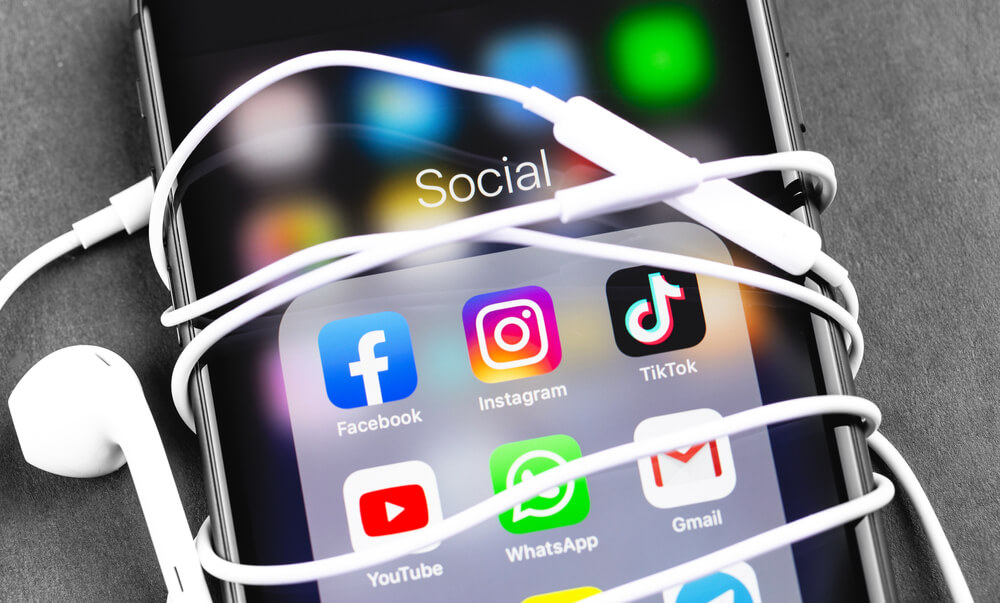I don’t know a lot about social media. I don’t know how it works technically. I don’t know why it is such a force in society.
I don’t know why very prominent people like comedian Steve Martin, prognosticator Nate Silver and columnist Tom Friedman, who have plenty of outlets, tweet.
I don’t know why people who are great company, need to post on Facebook tedious photos of (A) their cats, (B) their grandchildren, (C) their hobbies, and (D) their vacations — (That’s Ann and myself in a Costa Rican rainforest).
Because of this personal bric-a-brac, I tend to avoid Facebook and solicitations to befriend people there. I fear those children, that cat, those hobbies and snaps of my friends despoiling places of natural beauty.
What I do know is that we face a clear-and-present danger of social media censorship.
What makes it worse is those calling for censorship should know better. They are, many of them, of the progressive left. It seems they hate “hate speech” more than they hate anything else, including censorship by machine or, worse, censorship deep in Twitter or Facebook by committees of the nameless wonks.
Now social media is full of remarkably ugly, vicious, deranged and fabricated things. The truth isn’t safe with social media. The truth is scarcely an ingredient. But that isn’t reason enough to introduce censorship, whether self-censorship or some other adjudication of what we see and hear.
Google, Facebook, Twitter, Snapchat, et al. aren’t publishers. They are common carriers, like the post office, the railroads and the telephone companies. Certainly, they aren’t
The remedy for the excess on social media — conspiracies, homophobia, Islamophobia, and even my phobia about cat photos — won’t be cured by getting the companies that carry them to introduce
The right to free speech is ineradicable, absolute and cardinal. Without it we start sliding down the slippery slope — except the internet slope is steeper, greasier and globe-circling.
So, I defend President Trump, Rep. Ilhan Omar of Minnesota, Sean Hannity and Rachel Maddow as having a right not to be censored. That is all I’m defending: only their right not to be censored, not their speech or even the ideas behind it.
There was a time, before Prime Minister Margaret Thatcher cracked down on unions, when the printers of British national newspapers set themselves up as de facto censors.
Not the editors or owners, but the press operators: They wouldn’t print stories of which they disapproved. The newspapers were forever making statements like this: “One-third of last night’s print run was lost due to industrial action.” That meant a shop steward didn’t like the content.
The issue now revolves around hate speech, a social construct. It is, as Justice Potter Stewart said about pornography, “I know it when I see it.” That means that there can be no standard when the offense is so subjective that it is in the eye of the beholder.
The blanket indictment of hate speech, if applied to any discourse — for example, political, literary or sports — is that it can’t be conducted without the honorable traditions of wit, invective, ridicule, scorn and satire. If a sports columnist berates a fumbling NFL quarterback, is that hate speech?
Until now the laws of libel and slander have worked imperfectly, but they have done their bit to protect reputations, to halt dishonest and malicious allegations, and to give a kind of discipline, sometimes lax, to journalism.
These laws aren’t adequate for the internet, but they hint at future concepts that might endeavor to quiet the internet and its social media sewers. Censorship won’t do it with perpetrating a greater evil.
When you’ve read this, you may want to hurl used cat litter at me in the street. Your right to want to do that should be unassailable, but if you do it, you should be prosecuted for assault.
Hate is a human emotion, and emotions aren’t criminal until they’re acted on.
If you censor the internet, as many would like, the workaround will come in seconds. Social media and its sewer of disgusting, repugnant and vile assertions won’t be silenced, but honest disputation may be banned.
Actually, I love cats.
Photo Editorial credit: Primakov / Shutterstock.com

 Follow
Follow
Thanks for the thoughtful opinion, Llewellyn. I have a serious question for you : In France, it is illegal to deny that the Holocaust happened. I don’t know enough to know what the precise criteria for prosecution would be in a suspected case of “négationnisme”, but my question is whether you believe the right to claim that Holocaust casualties were artificially inflated (for example) is one of those inalienable rights that you champion, like the right to denigrate people or groups one doesn’t like on social media or to spread nasty fake news. Like the right of Charlie Hebdo cartoonists to lampoon Mohammed (and Jesus, the Pope and other revered religious figures) in disrespectful and sometimes lewd drawings.
This is not a loaded question. I genuinely seek to understand. Maybe the answer is in that gray area between a person’s thoughts and the execution of those thoughts that harms others and society?